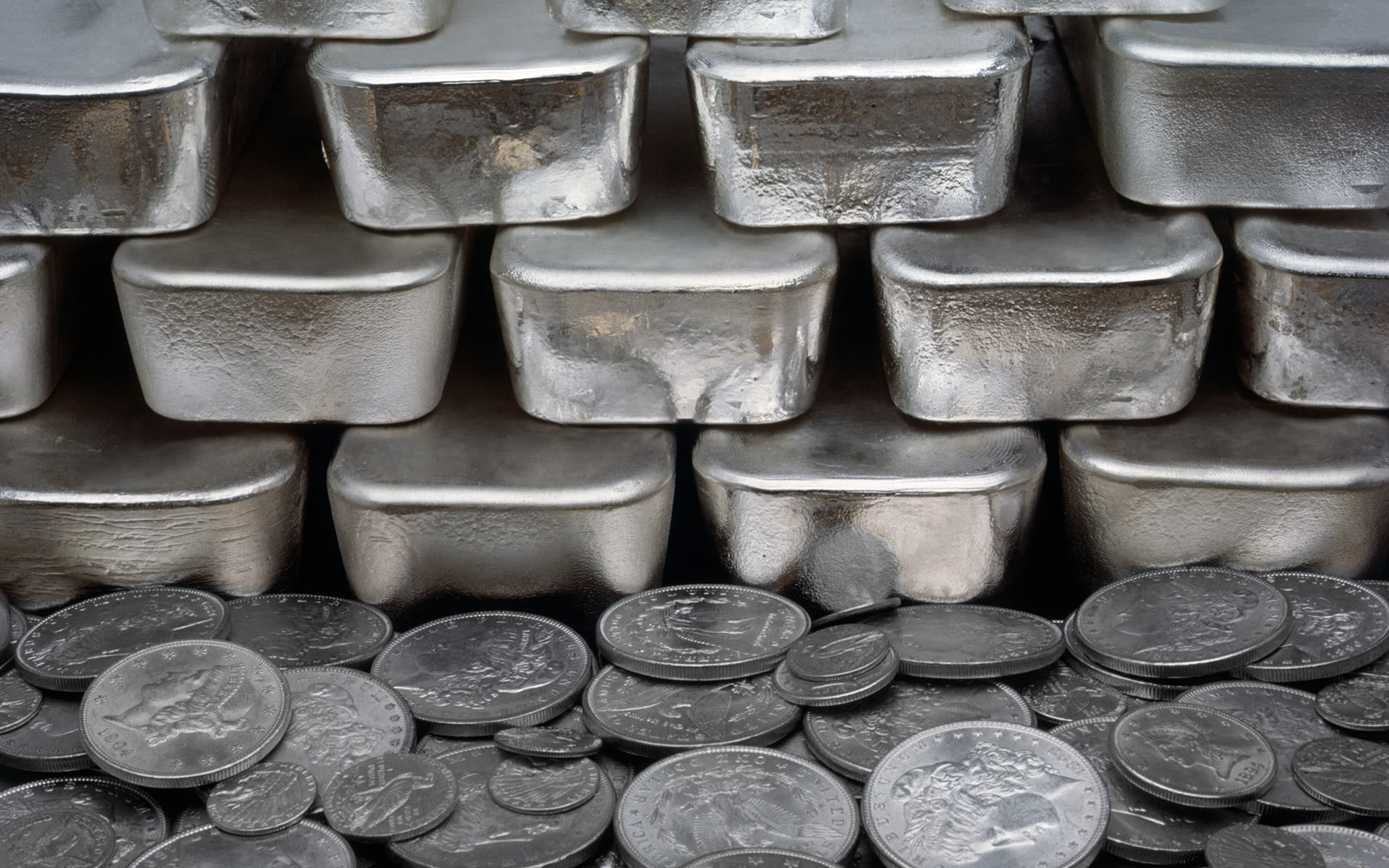
Investing in precious metals require plenty of knowledge and information that you should consider before you start doing it.
During the times of economic crisis and uncertainty, most investors decide to go for precious metals as the best way to protect their wealth and to diversify their portfolios.
If you have in mind that paper currency tends to fluctuate in value and to go up and down based on social circumstances and unpredictable political situations, investing in precious metals such as silver bars for sale will help you avoid risks and instability that comes with currency.
Therefore, if you wish to convert your assets into precious metals, then you should understand a few things before you make up your mind. Of course, you have to make additional decisions before you decide anything.
It does not matter if you are a private citizen that wants to invest small amounts of wealth in physical metals or large investor, because we decided to present you both advantages and disadvantages of investing in silver bars and coins:
Things You Should Know About Coins
We have to start by saying that you should learn the difference between a bar and coin. At the same time, it will provide you peace of mind, especially if you are a beginner investor. Therefore, you should know what it means to get a coin in general.
Coins are a great choice because the government’s mint is producing them on legal tender. Therefore, at each side of the coin, you will get the specific design that will provide you a historical significance as well as the year of production.
Most of them feature a face value on the front, while their weight and purity are described on the back of the coin. Apart from that, you may purchase junk ones that are not made out of government’s mint but from other places, which means that they are not regulated and certified.
For instance, silver coins include half-dollars, dimes, quarters that were popular before 1965, and they are not pure silver, but feature percentage of this particular metal that ranges between 30% and 90%.
Since they feature a small amount of silver, they are less expensive than the ones you can find legally from government mints.
Have in mind that adding these types of coins within your portfolio will help you create a more stable financial future, and protect yourself against inflation.
Advantages and Disadvantages of Silver Coins
Apart from physical differences, bars and coins feature unique disadvantages and advantages. Choosing the best type depends on your goals and motives for investing, which means the amount you wish to acquire and ability to resell it afterward when the price reaches the peak.
For instance, owning coins may be problematic because you will have to pay a high premium at a price due to their collectability, rarity as well as legality. However, you will also be able to enjoy numerous advantages, such as:
- It is easier to collect them than bars
- You can purchase them in regulated places
- The metal content is much more valuable than the face value, which makes it perfect for reselling.
- It is simpler to sell them in case of a crisis, which means that they are more liquid than bars
By clicking here, you will be able to learn more on silver coins in general.
Things You Should Know About Silver Bars
On the other hand, silver bars will provide you a perfect investment if you wish to avoid handling coins in general.
Have in mind that having physical gold is the best way to protect your wealth during the instability and economic crisis; however, investors tend to hedge their bets with ingots and gold bars rather than rounds or coins.
Bars are rectangular, thin slabs of precious metals that private mints are making and even though they are not considered as legal tender, you will be able to get a significant amount of gold in a single piece.
Silver rounds and bars have the lowest premiums when you are buying them on the spot, which is why they are a great choice by large-scale investors and people that have severe piles of cash and that want to invest as much as they can at the lowest price compared with legal tender coins.